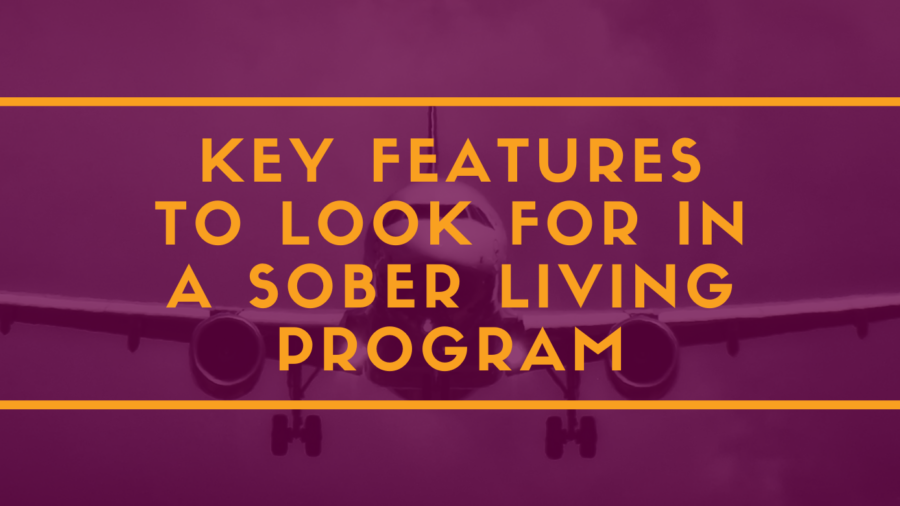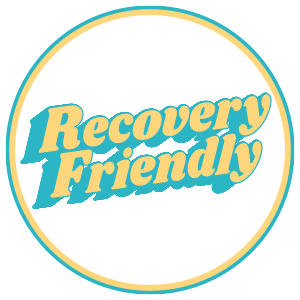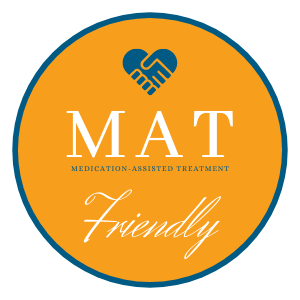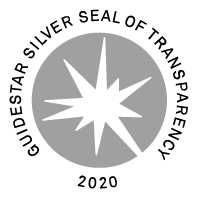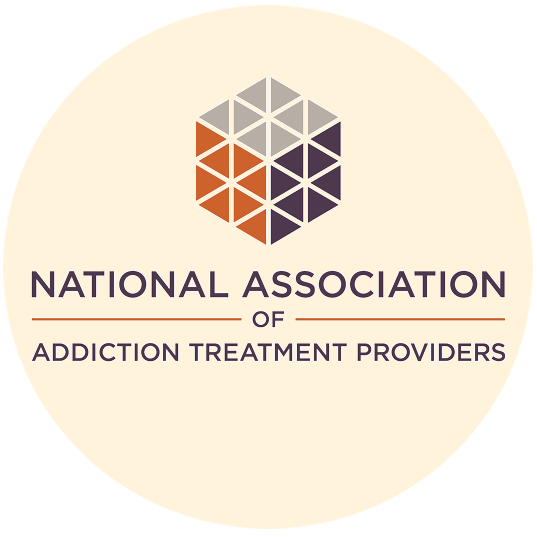Buckle Up! Landing Safely After Treatment: Men’s Sober Living Program Key Features
Given the now yearlong global pandemic, it’s been a while since many of us have traveled by air. You may have forgotten the relief that comes at the end of a long flight when the small overhead light indicates it’s time to fasten your seatbelt, followed by an announcement:
“The captain has turned on the fasten your seatbelt indicator to help us prepare for a safe landing.”
Even though we’ve traveled thousands of miles, we still have to take precautions to ensure we make it to our final destination safely. So, we return our tray table to its upright position, secure our belongings, and fasten our seatbelts before the wheels touch down.
Recovery from addiction is a lot like that.
When someone travels from active addiction to treatment, they cover a lot of ground in a short period of time. They travel at jet speed. In fact, it takes time for the body, mind, and behavior to catch up to the radical life changes that sober living requires. There can be a lot of turbulence along the way. Which is why leaving a treatment program without extended support can be every bit as jarring as a crash landing without a seatbelt.
Sober living communities and intensive outpatient programs provide a safe and supportive place to land after treatment and can mean the difference between long-term recovery and relapse. Unfortunately, the latter destination is all too likely when extended recovery care isn’t part of the discharge plan.
There’s No Place Like (a Sober) Home
Many in early recovery have lost nearly everything: their job, savings, friends, family relationships, self-esteem, even their health. Untreated addiction eventually destroys everything of value. Fourteen or thirty days in a treatment program may be the first stable housing someone has had in a long time. A safe, sober, and structured sober living environment is critical for recovery success, and it’s needed for much longer than a typical treatment stay.
According to the Substance Abuse and Mental Health Services Administration, or SAMHSA, “For people who are newly sober, recovery housing can provide time and support as they learn how to sustain long-term recovery.” In fact, research shows that people who participate in sober living communities for six to twelve months can greatly reduce their risk of relapse.
When a plane comes in for a hard and fast landing, it needs to taxi longer to slow down. The same is true with recovery from addiction. We need a lot more pavement to come to a complete stop. Recovery takes time. Learning life skills takes work. And developing new coping mechanisms takes support. You can find all of these in a good sober living program, but not all recovery housing is created equal. Sober living programs that support long-term recovery are much more than halfway houses or temporary housing for the newly sober.

Below our Some Sober Living Key Features to Look For We offer here at NSR of Asheville.
· Onsite 24/7 support: The first twelve months after treatment are the most vulnerable. The problems that developed before and during substance use are still larger than life and now there is nothing to numb or distract from them. Withdrawal symptoms may last for a year or more and triggers seem to lurk around every corner. Ready access to people who understand recovery is invaluable for navigating these challenges.
· Daily structure and accountability: Sober living programs bring peers together in a community with the shared goal of recovery. Accountability and structure help ensure everyone works steadily toward that goal. Random daily drug screening, curfews, mandatory 12-step meetings, work/school requirements, relapse prevention education, and planned sober recreation are all features of well-structured sober living programs.
· Relapse prevention education: Knowledge is power. Education about the disease of addiction and relapse prevention strategies is critical for success in early recovery. Much has been learned about the physiology, neurobiology, and psychology of addiction. Good sober living programs provide residents with ongoing education and assistance in creating individual relapse prevention plans.
· Trauma-informed addictions counseling: A landmark study of adverse childhood events (ACEs) found that individuals who had experienced four or more ACEs were 700 times more likely to struggle with addiction, leading some experts to suggest addiction could be more accurately called, “ritualized compulsive comfort-seeking.” A good extended care program addresses this underlying trauma and other mental health conditions.
· Life-skills training: The majority of those with a substance use disorder started using before age 18. Instead of learning the skills necessary to handle life’s challenges, they used substances to regulate their emotions and manage stress. A good sober living program sets residents up for lifelong success with training in cooking, cleaning, money management, interpersonal communication, mindfulness, job skills, and more.
· 12-step emphasis: In a study of 300 people entering sober living houses, participation in 12-step programs was found to be the strongest predictor of positive outcomes and was associated with being abstinent for at least 6 months. Twelve-step programs offer additional sources of community, accountability, and structure that extend the benefits of sober living communities and provide a roadmap for successful independent living.
· Sober recreation: Sober recreation programs, sometimes called outdoor or adventure therapy, are powerful and important recovery tools. Popular culture has soaked our ideas of fun with alcohol and other substances whether it’s spring breaks or sporting events or just hanging out with friends. A good sober living program helps residents learn how to have fun and take healthy risks without mind-altering substances.
· Intensive outpatient programming: This can be a life saver for someone who has been dependent on highly addictive substances like opioids or methamphetamines, has relapsed previously, and/or who has co-occurring mental health challenges. IOPs provide intensive group counseling and recovery educations several times a week for up to twelve weeks. Sober living programs that offer in-house IOPs for new residents provide the strongest and surest bridge from treatment to independent living.
· Family support: Addiction impacts every member of the family. Often, the most successful recoveries are those in which each family member embarks on their own recovery journey by exploring the causes of addiction, healing their own trauma, establishing healthy boundaries, and developing new communication skills. This is hard work and deserves support too.
Unfortunately, no one can guarantee there won’t be turbulence after treatment. In fact, we can pretty much guarantee there will be, but there are many things that can be done to make the landing safer. Well-structured sober living programs like NSR of Asheville help men ride out the inevitable bumps that come with early recovery. Better yet, these programs for men help people lay the foundation for a grounded, independent, and successful life.
NSR of Asheville’s Extended Care Services has been shown to be highly effective when it comes to treating addiction. Get started with NSR of Asheville at the following: Getting Started.


